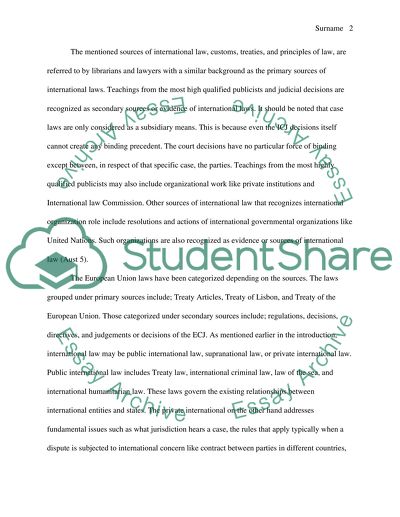Cite this document
(“Identify the different sources of international law. To what extent Essay”, n.d.)
Identify the different sources of international law. To what extent Essay. Retrieved from https://studentshare.org/law/1467812-identify-the-different-sources-of-international
Identify the different sources of international law. To what extent Essay. Retrieved from https://studentshare.org/law/1467812-identify-the-different-sources-of-international
(Identify the Different Sources of International Law. To What Extent Essay)
Identify the Different Sources of International Law. To What Extent Essay. https://studentshare.org/law/1467812-identify-the-different-sources-of-international.
Identify the Different Sources of International Law. To What Extent Essay. https://studentshare.org/law/1467812-identify-the-different-sources-of-international.
“Identify the Different Sources of International Law. To What Extent Essay”, n.d. https://studentshare.org/law/1467812-identify-the-different-sources-of-international.


